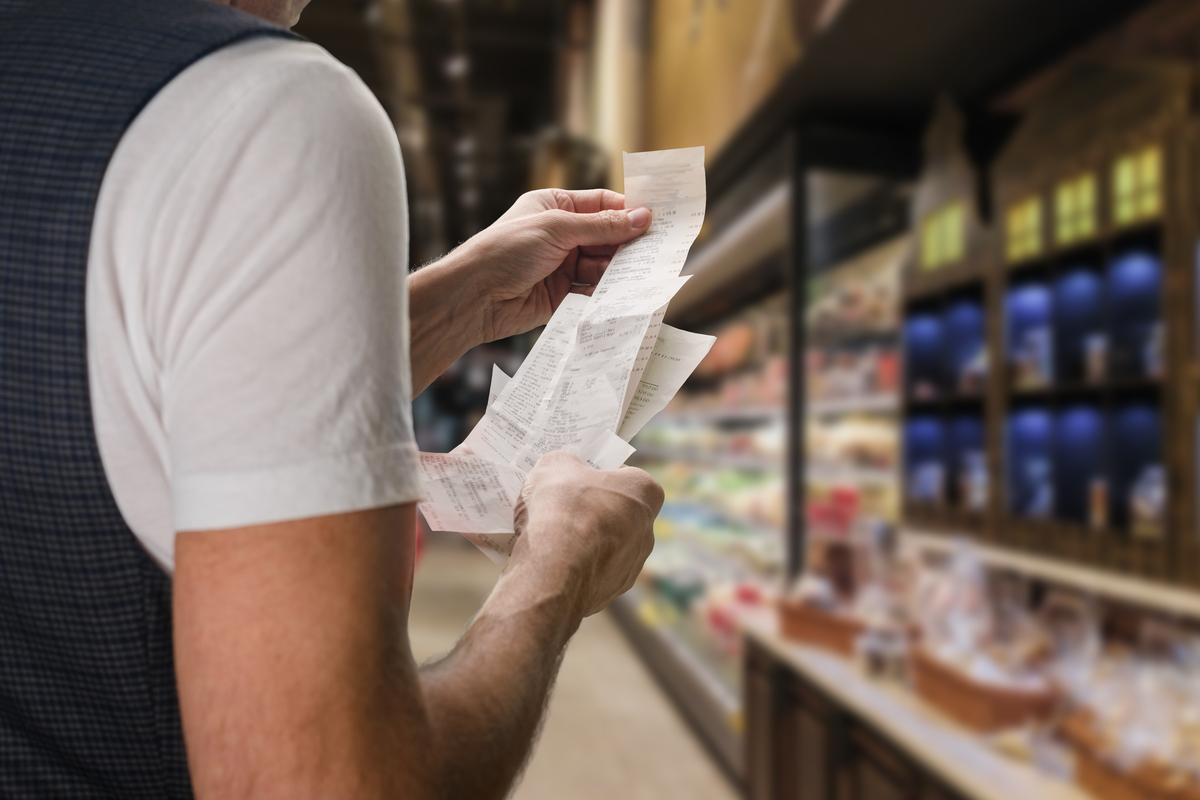Dear visitor,
You're reading 1 of your 3 free news articles this quarter
Register with us for free to get unlimited news, dedicated newsletters, and access to 5 exclusive Premium articles designed to help you stay in the know.
Join the UK's leading credit and lending community in less than 60 seconds.
Food price inflation to remain in double digits by year end
Food price inflation is set to remain in double digits by at least the end of this year, according to the Bank of England’s Huw Pill.

Senior Journalist, covering the Credit Strategy and Turnaround, Restructuring & Insolvency News brands.
Threadneedle Street’s chief economist said inflation is likely to fall to about 10% this year, adding that there’s an equal risk that inflation could fall too far below the bank’s two percent target in the next two years or could prove stubbornly high..
Speaking in a question-and-answer session hosted by Citizens Advice, he explained: “Unfortunately, the days of seeing food prices fall – that does seem to be something that we may not be seeing for a little while yet if in the future at all.”
In addition to this, the Bank of England thinks there’s been no significant change in the share of national income going to either wages or profits since inflation began to increase, and that persistent inflation is not because of either a so-called “wage price spiral” or of “greedflation”.
Pill instead said Britain’s inflationary headache started with an external energy and food supply shock during the pandemic and the war in Ukraine, but now was being driven by people and companies “trying to re-establish their spending power”.
He added: “It is not the case that you can point to wage earners or firms. It is the size of the shock, the size of the rise of energy prices, of food prices, which has generated an impulse in which everyone has raised prices to adjust.”
Stay up-to-date with the latest articles from the Credit Strategy team
Get the latest industry news






